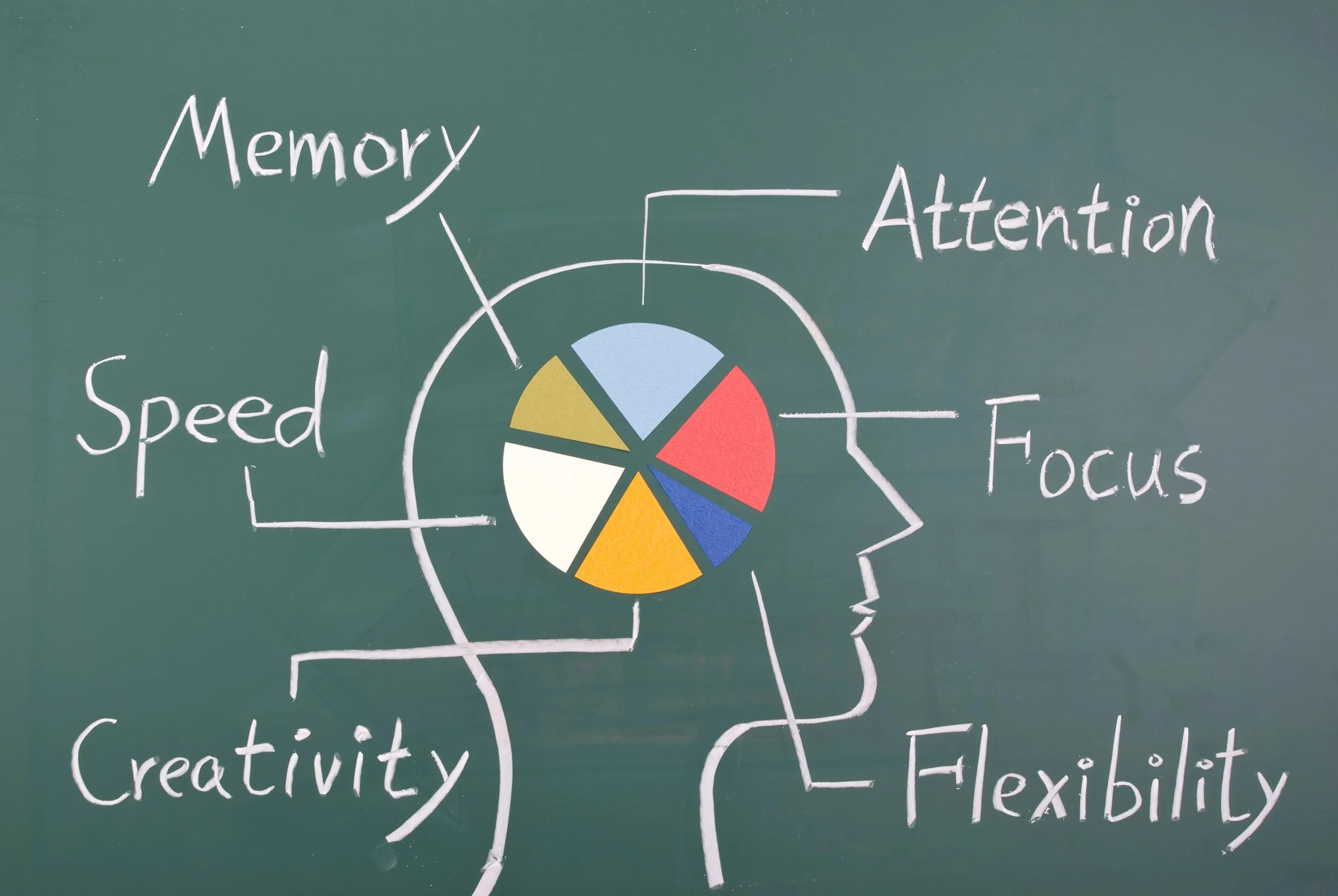
Can ADHD Start in Adulthood?
Over the last few years, I have received an increasing number of inquiries from adults requesting ADHD evaluation. Many of these adults have never had an evaluation before and wonder if they are experiencing symptoms of ADHD.
If you are one of those people who wonders why life has gotten so much harder as an adult, you may also be asking the question: Can ADHD present in adulthood?

Is Melatonin Safe and Effective for Kids with ADHD?
For many children with ADHD, bedtime can be a long, drawn-out process. When kids and their parents have tried everything, including proper sleep hygiene, it may be time to consider alternative sleep support.
One such support that has gained a lot of recognition, both positive and negative, is melatonin. But is the use of melatonin actually safe and effective for kids with ADHD?

10 Strategies for Better Mental Health
Maintaining good mental health is not about being happy all the time. Rather, it is about building the skills and supports that help us navigate life’s ups and downs. Whether you’re a student managing school stress, a parent juggling multiple roles, or a teacher trying to balance your own needs with those of your students, small daily habits can make a meaningful difference.

Does My Child Need a Neuropsychological Evaluation?
Parenting often means navigating uncertainty. If you have been noticing persistent struggles in your child’s learning, attention, or behavior, a neuropsychological evaluation can provide clarity and direction. Instead of wondering why your child is struggling, you will walk away with answers and a plan.

What are Executive Function Skills?
After an initial ADHD diagnosis, it can feel overwhelming trying to figure out the best next steps to support your child. It’s common to see the recommendation to “work with an Executive Function Coach” on a neuropsychological evaluation—but then come the questions:
What exactly are executive function skills?
And what does executive function coaching actually entail?

6 Tips for Back-to-School Success
With the new school year upon us, it is time to start thinking about that first day back. While the new year can be exciting, there are numerous items to check off your list before the first day. Whether your student struggles with learning differences or just needs a little extra push to get back into school mode, these 6 tips can help start the school year off on the right foot.

ADHD Treatment: Diet, Sleep, and Exercise
I am often asked: Are there other treatment options for ADHD? Possibly ones that do not involve medication or costly therapy sessions?
While medication and behavior modification are the most widely used treatment methods for ADHD, both in children and adults, I am a big proponent of what I call the Holy Triumvirate:
Diet, Sleep, and Exercise

What Should I Study Over Summer?
The balance between doing too much and doing nothing over the summer can be tricky. Trying to fit academic activities in along with summer camps, vacations, community service, and just plain-old hanging out may not give students the break they need and deserve. So, when it comes to academic activities over the summer, what should my child focus on?

End of School Year Checklist
The calendar just turned to May, and that means school is in the homestretch. However, before we start planning long days by the pool or days spent at fun summer camps, there is still a lot of work to do. As we count down the days to that very last one, here is a checklist to keep you on the right track for academic success.

10 Signs You Might Have ADHD
While many associate ADHD with hyperactivity or an inability to focus, the reality is much more nuanced. Adults with ADHD may experience subtle challenges that affect their daily lives, relationships, and self-esteem. If you experience some of these 10 common tendencies, then an evaluation for ADHD may be something to consider.

Who Diagnosis ADHD?
I think I have ADHD . . . now what?
If you have asked yourself this question, then you are probably a good candidate for an evaluation. When considering ADHD evaluation, there are a few different options.

Why is Math So Hard?
Much has been written by me and other professionals on dyslexia and dysgraphia, two of the more widely understood learning disorders that impact one’s ability to read and write. But what if you or your child struggles with math? Is there a condition that explains these difficulties? The answer to this question might be “yes.” Let’s take a closer look at the third type of learning disorder: dyscalculia.

What is in a Neuropsychological Report?
A neuropsychological report is a comprehensive document that contains the results of the assessments and, most importantly, guidance for intervention, treatment, and support going forward. The clinician’s job is to write a report that is both informative and easy to read. While psychologists and other clinicians tailor their reports to their own standards, a comprehensive report should certain components.

Does My Child have a Learning Disorder?
Although the term “learning disorder” sounds quite scary, the reality is that millions of students in America are diagnosed with some form of it. Sometimes even the best student in school has a diagnosed learning disorder. So how do you know if your child has one?

Executive Function Support for Adults with ADHD
Let’s dive into something that makes all the difference for adults diagnosed with ADHD: executive function. These are the essential mental skills that guide your ability to plan, organize, and manage your life. For adults with ADHD, this can feel like an uphill battle—but it’s one you can absolutely win.

College Admission Timeline
Applying to college can be a daunting process. Before you start narrowing down your list of potential colleges, you should familiarize yourself with the college application process. The following year-by-year guideline can help make this process smoother and give you a leg up.

What is Pathological Demand Avoidance (PDA)?
Pathological Demand Avoidance is a widely recognized condition throughout the world. However, despite is acceptance, very little is known or understood about this condition. In today’s post, I want to examine the origins of PDA, its clinical features, and how to identify and treat PDA.

When is the Best Time for an Evaluation?
If your child is experiencing any social, emotional, behavioral, or academic difficulties in school, consider a neuropsychological evaluation. The beginning of the school year may be the perfect time to schedule, and you will have your results back on plenty of time to support your child.

How to Transition Successfully to High School
High school is a fast and furious four-year experience. Although there are many obstacles during these years, parents are still an invaluable source of support and strength. Today I want to examine the main hurdles to a successful high school transition and outline some steps to ensure a smooth and successful entry into and advancement through the high school world.

Are Virtual Evaluations Effective?
“Are virtual evaluations effective?” Well, that question has been answered: YES! Virtual evaluations are not only valid and reliable, but they are also highly effective at identifying ADHD, dyslexia, dysgraphia, dyscalculia, and other social/emotional difficulties, such as anxiety and depression.
